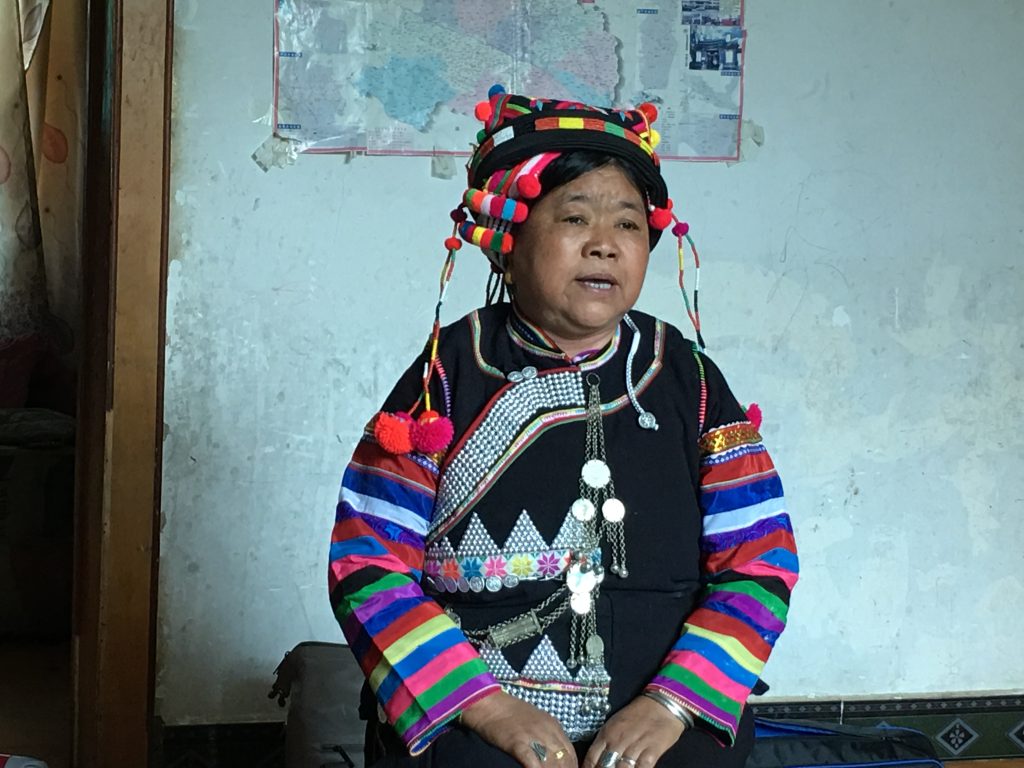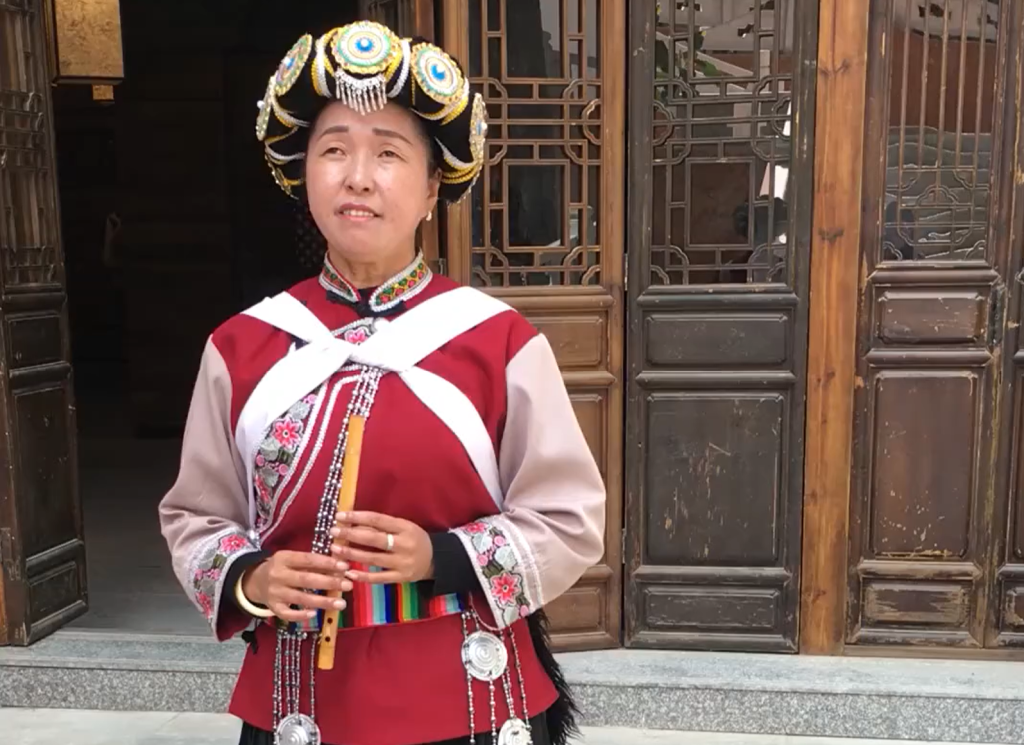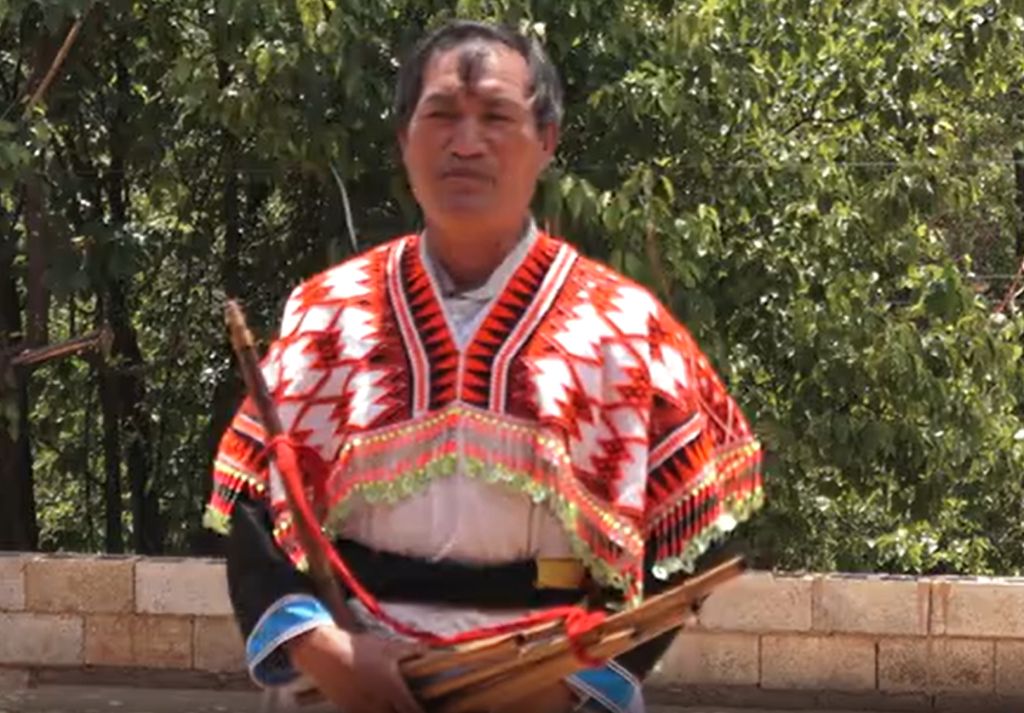Yunnan is noted for having the highest ethnic diversity in China: of the country’s 56 recognized ethnic populations, 25 are found in Yunnan. Some 38% of the province’s population are members of one or another ethnic minority, including the Yi, Bai, Hani, Dai, Zhuang, Miao, Lisu, Hui, Lahu, Wa, Naxi, Yao, Zang (Tibetans), Jinpo, Bulang, Pumi, Nu, A’chang, Jinuo, Mongols, De’ang, Man, Shui, Buyi, and Dulong. The mountains environment of the region which historically stop people travel in and out very often enable these minority communities keep their traditional culture different from each other, meanwhile the marriages between the ethnicities and localities bring the closeness to some extant in their music tradition.







